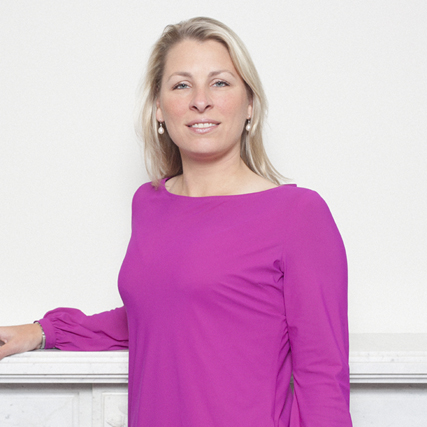Surrogacy
Sometimes, a woman cannot become pregnant, or bring her pregnancy to term, due to medical reasons. In such cases, surrogacy can be a solution. A different woman, who is a mother herself and has no desire to expand her family, will carry the child for the intended mother (and her partner). After the birth, the surrogate will hand the child over to the intended parents.
There are several ethical, emotional, practical and legal dilemma’s connected to this manner of fulfilling the wish to become a parent. Nynke van der Storm can advise you on the legal aspects of surrogacy.
Dutch law prohibits the promotion of commercial surrogacy. Advertising to stimulate the supply and demand for surrogacy is forbidden. Also, intended parents are not allowed to disclose through social media that they are seeking a surrogate, or vice versa. For intended parents, it is often difficult to find a surrogate. As a consequence, the number of international surrogacy cases has vastly increased in the last 10 years.
International surrogacy
In international surrogacy, the intended parents engage a surrogate living abroad. In countries like India, Ukraine and several states in the U.S., commercial surrogacy is allowed. Also, anonymous donation of egg- or sperm cells is often condoned there. The Netherlands finds the use of anonymous donors undesirable. Insofar as possible, each child has a right to know who his/her parents are.
Furthermore, in international surrogacy, there is a risk of extortion of the surrogate. Sometimes, this can even be qualified as human trafficking.
Contrary to the information that foreign agencies tend to supply, in the Netherlands the foreign birth certificates on which the intended parents are mentioned as birth parents, are not accepted. This leads to complications when requesting a Dutch passport. It is therefore imperative that the intended parents are well aware of the rules abroad and the possibility to travel to the Netherlands with the child.
Recent developments
On December 7th, 2016 the State Committee (Staatscommissie Herijking Ouderschap) presented the Minister of Justice the report “Child and parents in the 21st century”. The report contains 68 recommendations on legal parentage, parental authority, step parenting and surrogacy.
The State Committee is pushing for legal scheme in the Netherlands, which should lead to more legal certainty and which guarantees that the course of the surrogacy will run smoothly. The proposed scheme has as a starting-point that at least one of the intended parents will have a genetic bond with the child and that at least one of the intended parents and the surrogate live in the Netherlands.
On May 18th, 2017 a round table conference on the report of the State Committee was held in the Lower House (Tweede Kamer). Several experts offered their opinion on the report.



